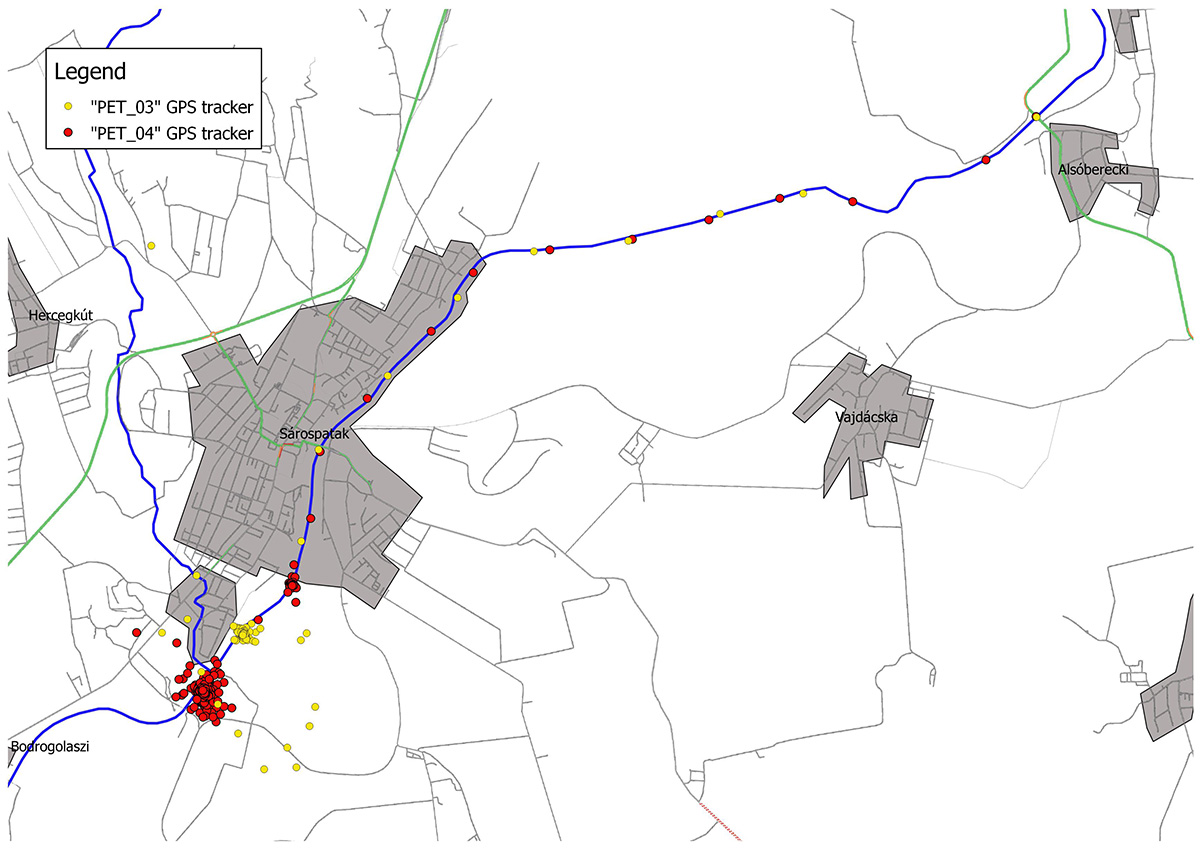Project leader:
Baranya, Sándor
Participating researchers:
Baranya, Sándor; Gyalai-Korpos, Miklós; Ermilov, Alexander Anatol; Tikász, Gergely; Bordácsné Bocz, Katalin; Gere, Dániel; Turák, Bence; Rózsa, SzabolcsThe increasing plastic pollution of our waters is a serious environmental, social and economic problem at the same time. Although the problem is already well known, in order to develop proper interventions, it is necessary to understand the processes taking place in nature and the possibilities of recycling.
A more precise understanding of the riverine transport of plastics helps to explore the environmental impact of plastics, and contributes to mitigating the environmental impact and developing appropriate intervention methods. The latter is particularly important from the point of view that rivers act as conveyor in the transport of plastic, that finally ends up in the receiving lakes, seas and oceans burdened with the pollution. Therefore, in order to reduce this burden, it is necessary to intervene at the source and during the transport processes in the rivers. On the topic of macroplastics, significant Hungarian-initiated studies are underway, primarily focusing on our Eastern rivers (Tisza River basin), where the presence of plastics causes an extraordinary problem, although these related projects are more likely to deal with the plastic problem itself on site in form of civil actions.
On the other hand, in the present research work, we try to explore the transport processes in rivers with different methods, and to understand the roles of hydrological, morphological, vegetation cover and other characteristics of rivers, supplementing all this with qualitative and quantitative analytical tests of the plastic waste samples from the rivers. Recently, significant steps have also been taken in the field of recycling used plastic, the further development of which may open new paths in plastic-based product development.
The planned research is based on two pillars. On the one hand, we explore the dynamics of the transport of plastics in watercourses with the aim to understand the environmental effects of pollution and to be able to plan and implement in a well-founded way their targeted reduction in the future. In the research, we investigate the riverine transport of macroplastics larger than 5 mm in order to better understand the typical sources of pollution, their transport characteristics and trapping locations, and the spatio-temporal dynamics of the transport processes. We use new developments, intelligent video-based measurement procedures for the study, and carry out extensive field sampling together with hydrological measurements in the selected areas. We perform simulations with parameterized and verified computer models based on field data. Another pillar of the research is the lab analysis of the plastics found in the river and the assessment of their reuse possibilities. On the one hand, FT-IR and Raman spectrometry are used to determine the quantitative and qualitative composition of polymers from representative sampling, as well as the degree of degradation of polymers due to environmental effects. Accelerated aging tests are used to model and compare the degradation of traditional and biodegradable plastics as potential substitutes, with particular attention to the size and amount of microplastics produced during degradation. Building on a recent development, we are further developing new uses for plastic waste.
The project is implemented in cooperation with the Plastic Cup citizen initiative.
PET Kupa facebook oldal
Publications
Results
Coupled Field and Numerical Analysis of Riverine Macroplastic Transport. In Proceedings of the 40th IAHR World Congress
2023. augusztus 21-25.
Fleit G., Nagy T., Málnás A.K., Husztik D., Ilcsik Cs., Molnár D.A., Gyalai-Korpos M., Baranya S. (2023) Coupled Field and Numerical Analysis of Riverine Macroplastic Transport. In Proceedings of the 40th IAHR World Congress, 21–25 August 2023, Vienna, Austria.


